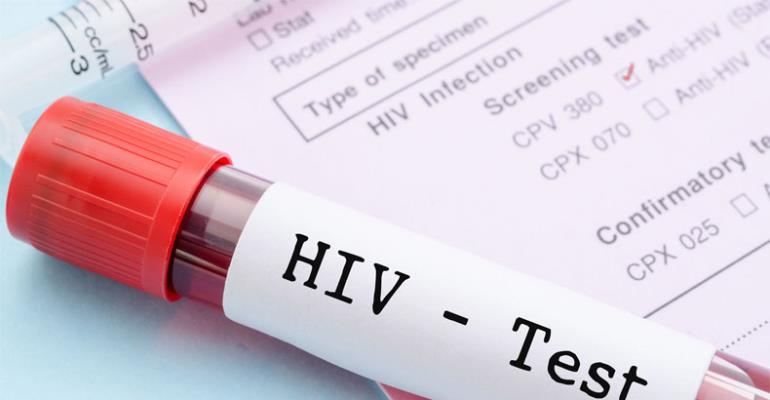The Assin North Municipality in the Central Region has seen a significant increase in reported cases of HIV infections particularly among girls and pregnant women as it recorded a total of 218 cases in 2017 made up of 162 females and 56 males.
In 2016, a total of 257 cases comprising 186 females and 69 males were recorded.
The Assin North Municipality Disease Control Officer, Madam Admire Owusu, who made this known in an interview, was dismayed that regardless of the health directorate’s relentless effort to tame the spread of the menace, more women are being infected as compared to men.
About 95 percent of people living with HIV/AIDS were infected through unsafe sex, Madam Owusu disclosed, saying her office had increased the fight against the spread of the infection through the combination of a multi-faceted comprehensive public education approach and screening of pregnant women to reduce the prevalence rate.
She added that their goal is particularly to find the HIV status of pregnant women to properly counsel and provide them with drugs in order to prevent mother-to-child transmission, which is critical to the prevention of the disease.
Madam Owusu hinted that they are making good progress as more pregnant women with the disease are being supported.
She identified the absence of adequate resources to undertake “aggressive education” as one of the reasons for the upsurge and advised the youth to lead morally responsible lives to avoid contracting the disease because 95 percent was contracted through unprotected sex with multiple partners, while the five percent was through contaminated razors, used toothbrushes, amongst others.
She advised Ghanaians to protect themselves against the pandemic, emphasizing that HIV/AIDS is real and people need to be careful and abstain from casual sex as the best weapon in the fight against it.
Madam Owusu appealed to the general public to go for voluntary HIV/AIDS tests in order to know their status to guide them on their lives because drugs are available to help prolong their lives in case anyone tests positive.
On stigmatisation and misconceptions surrounding the mode of contraction and drugs use, she said, “It is unacceptable to stigmatise those with the disease. All must come out voluntarily to declare their status.”
She appealed to parents and guardians to monitor their children to ensure that they lead morally upright lives and avoid indulging in social vices.
“HIV/AIDS remains an obstacle to the socio-economic progress of the country and all must contribute towards achieving the long term goal to end AIDS by 2030,” she underscored and admonished all HIV/AIDS working partners to maximise their efforts to facilitate faster positive behavioural change



